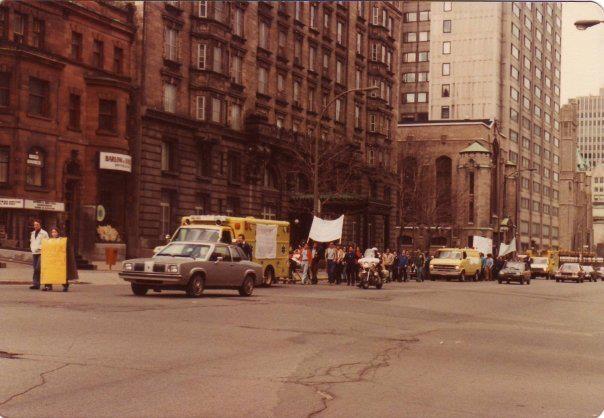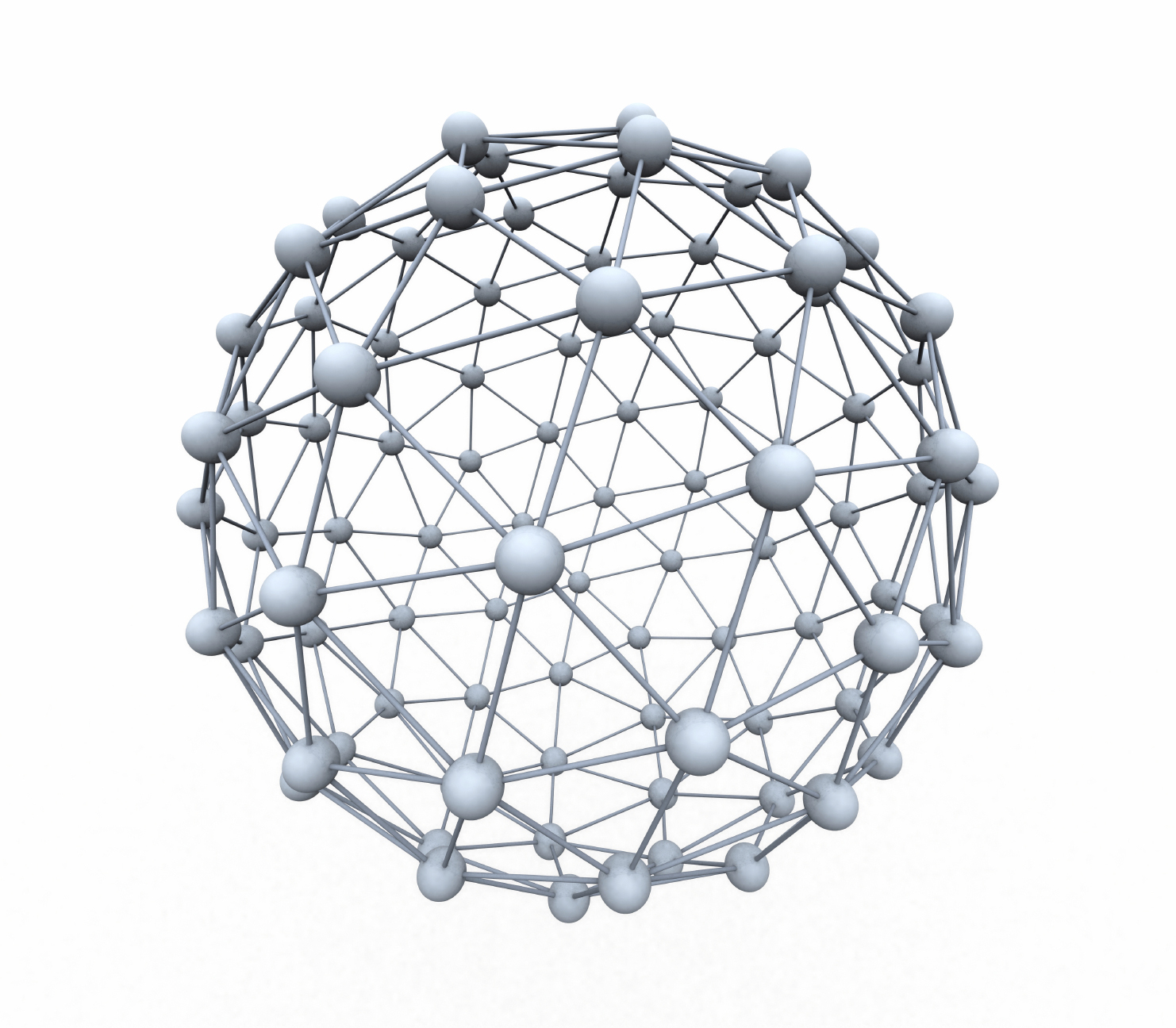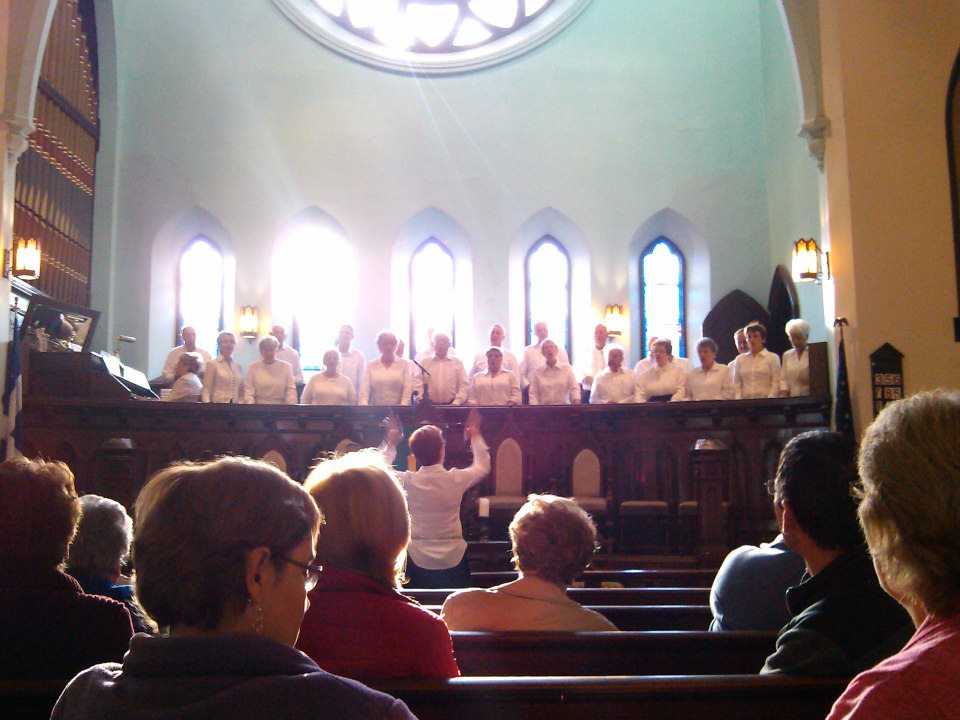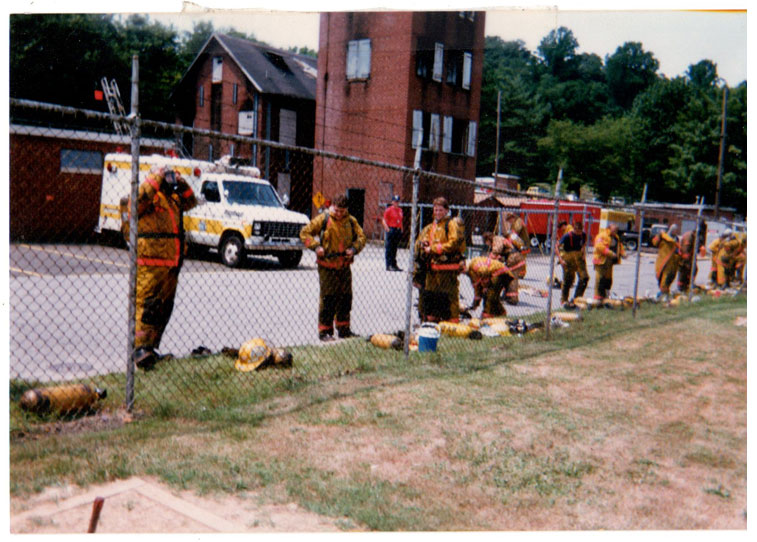
A nugget of Big Medicine every day. #47 Take care of Mrs. Rosenberg
Mrs. Rosenberg is still dead. I was there when she died. She was everybody’s grandmother. She called 911 after enduring crushing chest pain all night. She said she didn’t want to wake anyone up. It’s been fourteen years since Mrs. Rosenberg died.
I wrote about her death in the newspaper. I read about her passing on the radio. I shared news of her death with thousands of people across this land.
Wherever I talked and/or taught I told people about Mrs. Rosenberg and how she died, gasping for breath, on the floor of her livingroom within view of the dozens of photos of her children and grandchildren.
She died because I refused to break the law. I probably could have saved her.
I could have inserted an endotracheal tube in her airway. I could have established an intravenous line in her arm. I could have administered drugs to combat the deadly arrhythmia in her heartbeat. I don’t know for sure that Mrs. Rosenberg would have made it home again. All I know is I didn’t do anything more than the law allows here in Quebec.
She died.
She’s going to be dead a very long time before advanced- and critical-care paramedics are fully recognized and integrated as an essential part of the emergency health care system in Quebec. Ours is the only jurisdiction in North America that doesn’t allow advanced- and critical-care paramedics to save lives on a regular ongoing basis.
This is the story of Mrs. Rosenberg I wrote in 1998. Sadly, it’s still current.
I was there when Mrs. Rosenberg died. I knew her from the five previous times I had responded to her apartment. She had a bad heart. She didn’t like to call for help. She would wait until the pain was unbearable before she called 911. Even after all the polite lectures I gave her about calling right away when the pain starts. Mrs. Rosenberg always said she didn’t want to disturb anyone. She was stoic but sweet.
She told me all about her three sons and seven grandchildren. And her husband who had passed away last year. She said it was hard to go on without him but she looked forward to each family visit. She loved her grandkids. She showed me pictures of them–part of an enormous collection of framed photographs she kept on her coffee table. There they were in little league baseball uniforms and school graduation portraits and college caps and gowns.
Mrs. Rosenberg always offered me a glass of orange juice. I’d give her oxygen and check her blood pressure and her pulse and hook her up to the cardiac monitor and she’d be sure to offer me a sip of orange juice. She was everybody’s grandmother. I was there when she died.
She called 911 after enduring crushing chest pain all night–said she didn’t want to wake anyone up. Mrs. Rosenberg was gasping for breath. She didn’t offer me any orange juice. I told her to hang in there as we waited for the Urgences Santé [Montreal EMS] ambulance that would take her to the hospital. I told her to think about her grandchildren and to keep on breathing. She did her best. I gave her oxygen. I talked to her. I checked her vital signs–they were terrible–I only had to look at Mrs. Rosenberg to know she was dying right in front of me.
Her electrocardiogram indicated a significant arrythmia. I should have established an intravenous line. I should have contacted our Medical Director for permission to initiate drug therapy. But I didn’t. Mrs. Rosenberg lost consciousness a few moments later. Her breathing was ragged and slowing down. I should have prepared an endotracheal tube to secure her airway. But I didn’t. I assisted her breathing with a bag-valve-mask. My partner affixed the defibrillation electrodes to her chest–just in case. We should have intervened a long time before this moment to prevent this from happening. But we couldn’t.
I’m a paramedic. I’m trained to save lives using advanced life support under the direction of a physician. But in Québec I watch helplessly as my patients die. Because paramedics don’t have legal standing in this province. It’s illegal for me to save a life. Even Mrs. Rosenberg’s life.
I was there when she died. It wasn’t pretty. Urgences Santé sent a physician to assist because Mrs. Rosenberg had lapsed into cardiorespiratory arrest. The physician arrived after we had completed 15 minutes of CPR. Unless advanced cardiac life support is initiated within the first six to eight minutes there is almost no chance of recovery. Such was the case for Mrs. Rosenberg. The physician arrived, verified the electrocardiogram, and told us to stop our resuscitation efforts. Just like that. Mrs. Rosenberg died on the livingroom floor in full view of the dozens of photographs on her coffee table.
I’m an advanced care paramedic in Québec. I try my best to save lives but the government keeps one of my hands firmly tied behind my back. I am not alone. There are many non-physician prehospital care providers with advanced life support training in Québec – and sadly, many more who have left the province to practice the art of caring in more enlightened jurisdictions.
If Québec would allow advanced- and critical care-paramedics to take care of all of our Mrs. Smiths and Madame Lapierres, perhaps I’d be visiting Mrs. Rosenberg for a sip of orange juice and some conversation instead of telling you how she died.
Be well. Practice big medicine.
Hal
NB: Big Medicine is my nod of respect to a First Nations expression that, roughly translated, means the right people working together at the right time will be Big Medicine. I’ve been saying ‘Be well. Practice big medicine’ for as long as I can remember. It is my own very personal version of ‘Sawu Bona’, the Zulu greeting which means ‘I see you’… I see all of you, I see your good works, I see the difference you are making in the world.




